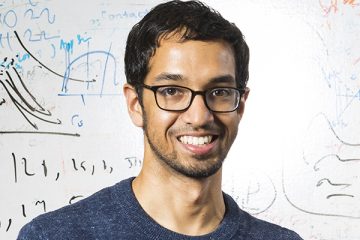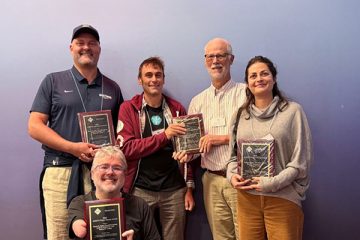Advances in low- and no-power sensing, communication and interaction technologies offer new possibilities for blending digital innovation with our physical environment.
From gesture recognition that allows people to interact with objects in new ways, to low-power sensors that collect and transmit data about temperature, air quality, urban accessibility and more, our researchers are tapping into the potential of computation to transform how we experience the world around us.
Groups & Labs
Accessible Accordion
Areas of Expertise
Societal Impact
Results will appear in alphabetical order.
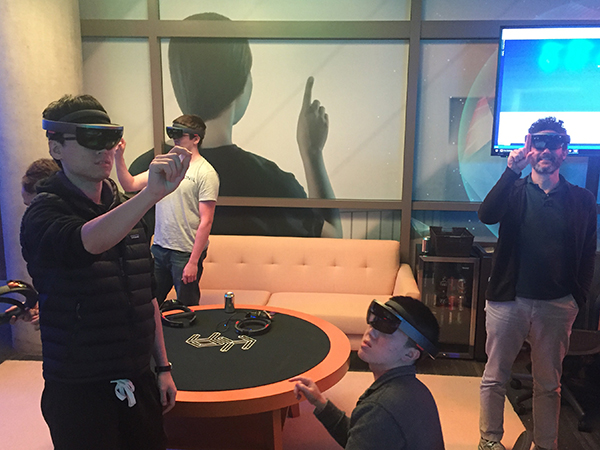
Graphics & Imaging Lab (GRAIL)
The work of the Graphics & Imaging Laboratory spans computer graphics, computer vision, generative AI, computational photography, virtual reality, animation and games.
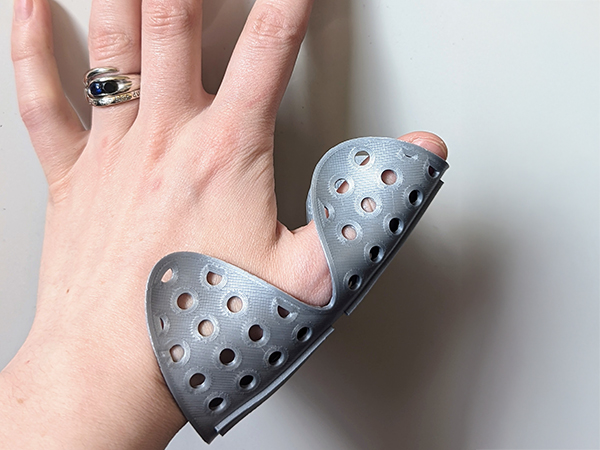
Make4all Group
Make4all Group creates solutions that empower people with disabilities to accomplish their goals, applying technologies such as 3D printing, knitting and other fabrication technologies to improve inclusion in and accessibility of our digital future.
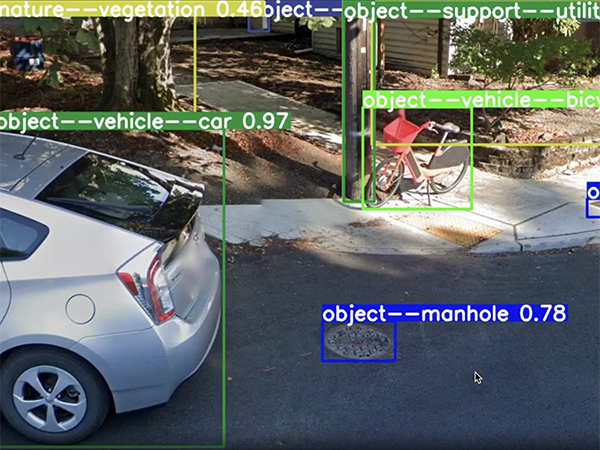
Makeability Lab
The Makeability Lab specializes in Human-Computer Interaction and applied machine learning for high-impact problems in accessibility, computational urban science, and augmented reality.
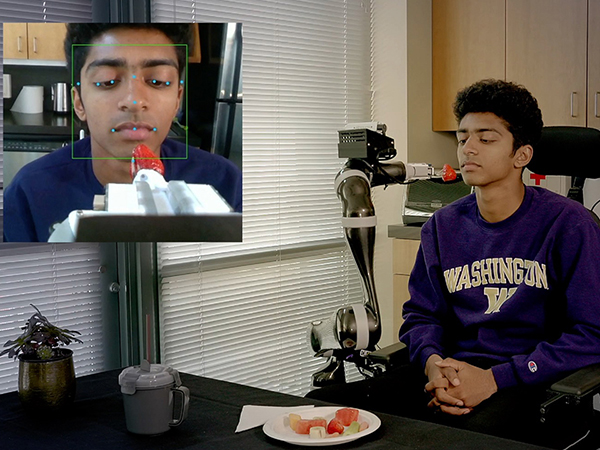
Personal Robotics Lab
Our mission is to develop the fundamental building blocks of perception, manipulation, learning, and human-robot interaction to enable robots to perform complex physical manipulation tasks under clutter and uncertainty with and around people.
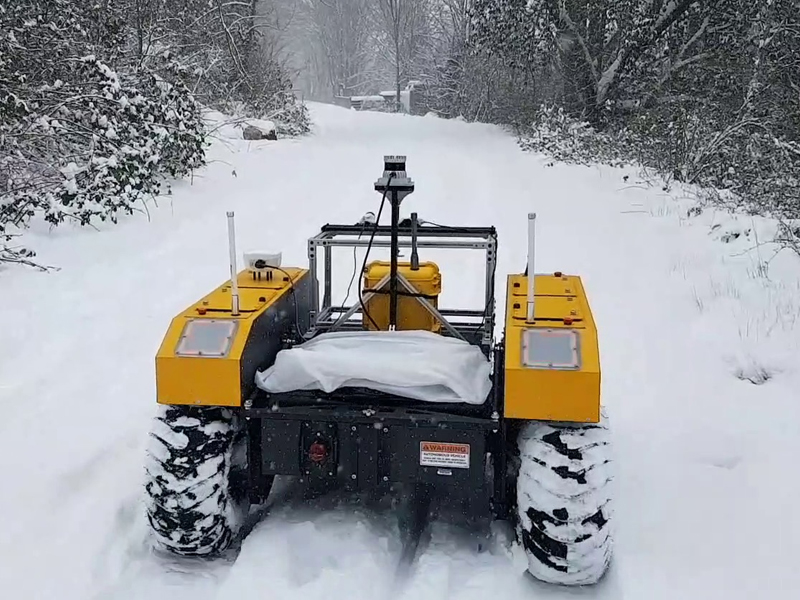
Robot Learning Lab
The Robot Learning Lab works on foundational research in machine learning, AI and robotics to develop intelligent robotic systems that can perceive, plan and act in complex environments and improve performance with experience.
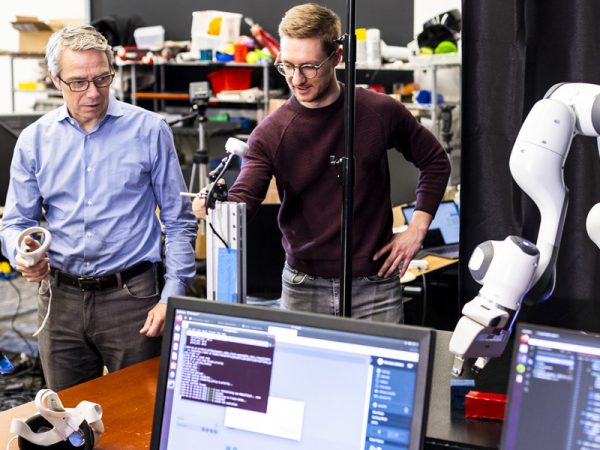
Robotics and State Estimation Lab
We are interested in the development of computing systems that interact with the physical world in an intelligent way. To investigate such systems, we focus on problems in robotics and activity recognition.
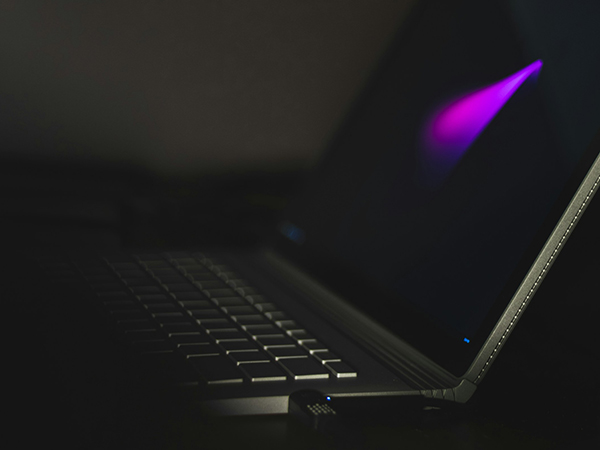
Security and Privacy Research Lab
The Security and Privacy Research Lab works on a variety of topics, ranging from studying and addressing security and privacy risks in existing technologies, to anticipating future risks in emerging technologies.
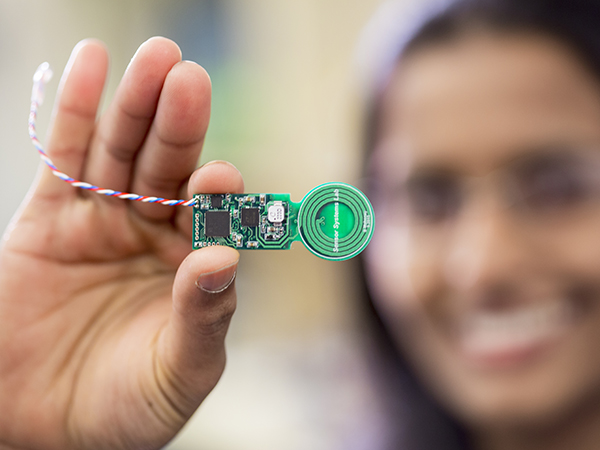
Sensor Systems Laboratory
The Sensor Systems Laboratory invents new sensor systems, devises new ways to power and communicate with them, and develops algorithms for using them, with applications in the domains of bioelectronics, robotics, and ubiquitous computing.
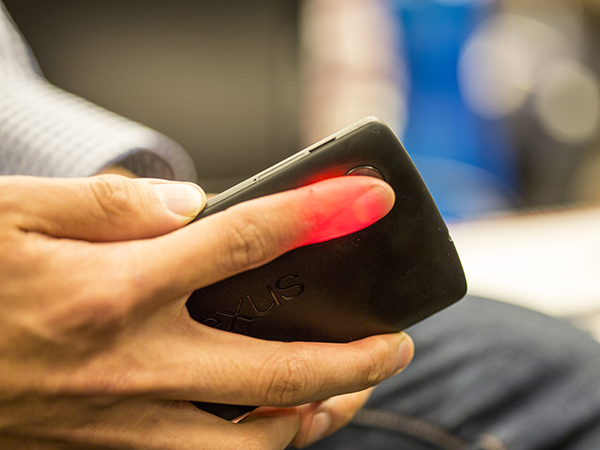
UbiComp Lab
The Ubiquitous Computing (UbiComp) Lab develops innovative systems for health sensing, low-power sensing, energy sensing, activity recognition and novel user interface technology for real-world applications.
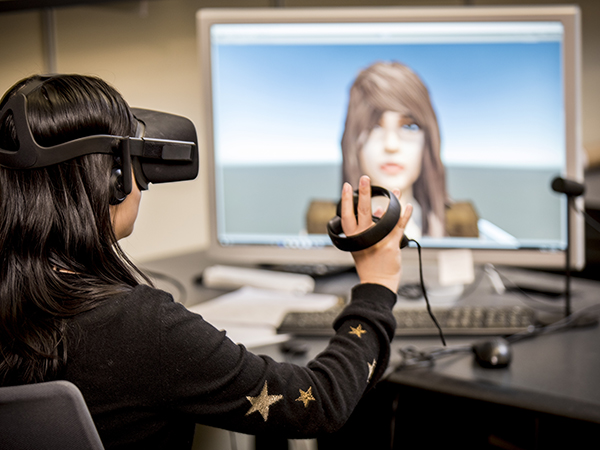
UW Reality Lab
The UW Reality Lab advances the state of the art in virtual and augmented reality by developing new technologies and applications, educating the next generation of researchers and technologists, and supporting robust collaborations with industry.
Highlights
UW News
Allen School News
Allen School News

